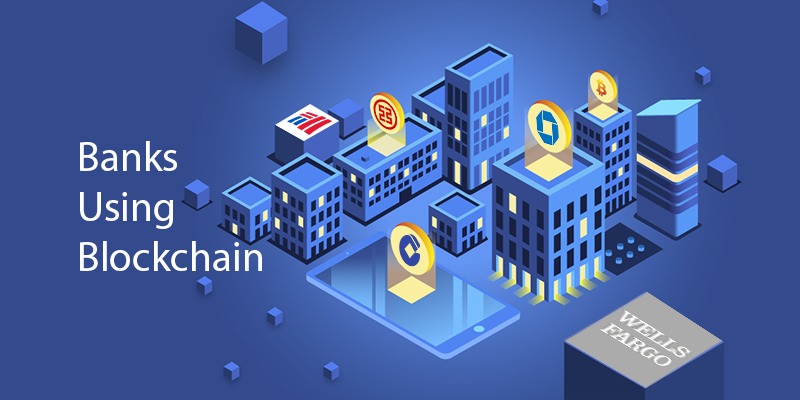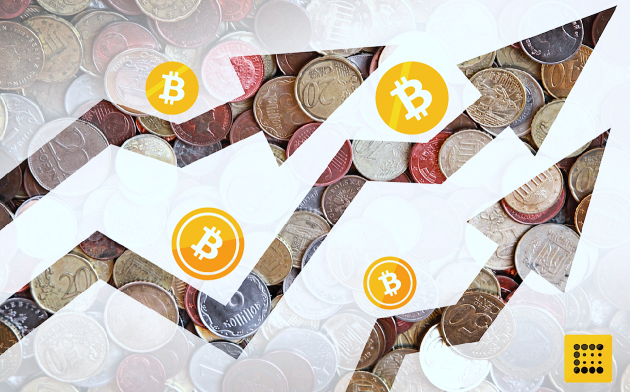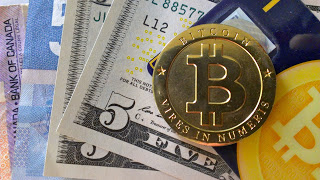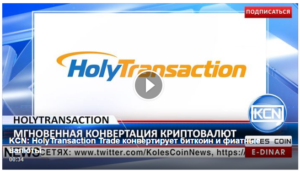Search Results For: bank of russia
Blockchain Voting: Russian government will use the ledger
Blockchain Voting: Russian government will use the ledger
Bitcoin Wallet
Open your free digital wallet here to store your cryptocurrencies in a safe place.
Regulators to allow Bitcoin in Russia
How to use Bitcoin in Russia
Universal Multicurrency Wallet
Open your Universal Wallet here for free!
Open your free digital wallet here to store your cryptocurrencies in a safe place.

Central Bank of Canada revealed the digital Cad coin
Is Cad Coin the future for Canada?
Banks: in love with the Blockchain?
Open your free digital wallet here to store your cryptocurrencies in a safe place.
Central Bank of Canada revealed the digital Cad coin
Is Cad Coin the future for Canada?
Banks: in love with the Blockchain?
Open your free digital wallet here to store your cryptocurrencies in a safe place.

Dutch Central Bank to develop its DNBCoin Blockchain
Banks and blockchain: love or hate?
Open your free digital wallet here to store your cryptocurrencies in a safe place.

Russia reconsidering Bitcoin?
Open your free digital wallet here to store your cryptocurrencies in a safe place.

How the Bitcoin landscape is evolving in 2014
(CoinDesk) Like any new industry, there are so many areas to explore in the bitcoin space that sometimes make a week’s worth of developmentsit feel like a month or two have gone by.
1. Big-name retailers jumping on board
2. A warming regulatory climate
3. VC firms keep betting big
4. Building on the block chain
5. New emphasis on transparency
Open your free digital wallet here to store your cryptocurrencies in a safe place.

HolyTransaction Trade: opinions and news
HolyTransaction Trade is our new service to allow you to buy and sell your Bitcoin with low fees and instant conversion.
HolyTransaction Trade is a virtual exchange for users that want to convert their digital currency into fiat currency and vice versa, through Halcash ATMs, bank transfer, Bitcoin virtual credit card and more options available worldwide.
Click here to read more about HolyTransaction Trade and start converting from/to your favorite cryptocurrency.
We launched this service a few weeks ago and now we want to share with you a few articles written by magazines from all around the world about HolyTransaction Trade.
HolyTransaction Trade on magazine
We received a widespread of our press releases and news in Asia, America and Europe and we cannot be happier for the support we received in the latest days.
As you might know, we had a few issues during 2016, but this is a new year: all problems are disappeared and we are stronger than ever with a new service and more strength to improve our work and your experience with us.
Click on the image below to watch a recent video published on YouTube by the Russian KCN.
Also, please click on the images below to the read the full press release published on the major magazines about Bitcoin and the Blockchain, including Cointelegraph Espana, CryptoCoin News, Bitcoin.com, and more…
Open your free digital wallet here to store your cryptocurrencies in a safe place.
Bitcoin’s Monthly Recap of June 2015
Open your free digital wallet here to store your cryptocurrencies in a safe place.

Education to consider for the Bitcoin user
(CoinTelegraph) This month, the number of educational institutions welcoming students who wish to pay using digital currency has increased substantially. This comes as no surprise, however, since the current academic year just ended, registration is opening up for the fall semester.
The King’s College, NYC, US
One of the leading institutions in the United States – The King’s College announced that it will be welcoming students who want to pay using Bitcoin.
The King’s College is a Christian liberal arts college founded in 1938 by Percy Crawford, located in Lower Manhattan, New York.
Now with help of New York’s Coin.co it becomes the first accredited
college in the US to accept digital currency. Dr. Gregory Alan
Thornbury, President of The King’s College stated:
“The King’s College seeks to transform society by preparing students
for careers in which they help to shape and eventually to lead strategic
public and private institutions. Allowing Bitcoin to be used to pay for
a King’s education decreases our costs while simultaneously allowing
our students to be a part of this exciting new technology.”
Team Treehouse
On Thursday June 12, a famous US-based online education provider – Team Treehouse – officially announced that it will be accepting Bitcoin via Coinbase as one of a payment options. The company’s press release stated:
“As one of the fastest growing payment methods, Bitcoin will give
more people across the world the opportunity to learn with Treehouse.”
Treehouse is a place for people who want to learn how to coup with HTML or CSS, make iPhone apps, start their own business.
University of Nicosia, Cyprus
Once again we mention the University of Nicosia,
which was the first to accept Bitcoin for payment of tuition and other
fees. Dr. Christos Vlachos, Chief Financial Officer for University of Nicosia stated:
“Digital currency will create more efficient services and will serve
as a mechanism for spreading financial services to under-banked regions
of the world. In this light, we consider it appropriate that we
implement digital currency as a method of payment across all our
institutions in all cities and countries of our operations.”
Anyone who wants to advance their education here will probably find a
an area of interest they’re looking for – University of Nicosia offer
schools of business, education, humanity, social science, law,
engineering and arts.
A big advantage of the University of Nicosia is that it is accepting
Bitcoin throughout their whole University network, including affiliated
institutions in London, Cyprus, Greece, Romania and others.
University of Cumbria, UK
In the beginning of the year, the University of Cumbria in the United Kingdom also announced that it will accept Bitcoin for the payment of fees. The founder and director of IFLAS, Professor Jem Bendell, stated:
“We believe in learning by doing, and so to help inform our courses
on complementary currencies, we are trialling the acceptance of them.
The internal discussions about currency and payment innovation and the
practical implications for different departments have been insightful.”
The acceptance of Bitcoin is limited to the two programs only – Certificate of Achievement in Sustainable Exchange and Postgraduate Certificate in Sustainable Leadership. Both courses are already in progress as a trial though it shouldn’t be the last one as “the university will learn from this trial and develop its awareness of innovations in complementary currencies and payment technology.”
Language centers
Additionally, there are also various private languages studios all over the world happy to accept digital currency.
A2Z School of English could be the first English as a Second Language (ESL) school in the world to accept digital currency. The announcement that it will adopt Bitcoin as a payment method was published back on November 5, 2013. A2Z School of English was founded in 2006 by James and Luciene Taylor and today has locations in Manchester, London and Dublin, offering various English language classes. BairesClases accept Bitcoin for Spanish classes. You can have face to face lessons in Buenos Aires Argentina or classes over the Internet for students anywhere in the World for anyone from beginner to advanced. Ru-SprachStudio.ch offer Russian courses in Zürich or Zug, Switzerland for Bitcoin. Customers may choose one-on-one private lessons or lessons in groups of 3-4 people. Their teaching approach also uses modern methods to develop your ability to communicate in the Russian language. Cinta Bahasa in Bali, Indonesia, offers Indonesian Language courses to foreigners and they also accept Bitcoin. They have schools in Ubud, Sanur, Kuta, and Canggu, Bali to teach students the language they will need to feel comfortable travelling around in Indonesia. Educational institutions are a major driver in the world’s progress. By embracing cryptocurrencies, these schools and universities are demonstrating their willingness to prepare students for a world with cryptocurrencies and a better future.
Open your free digital wallet here to store your cryptocurrencies in a safe place.





